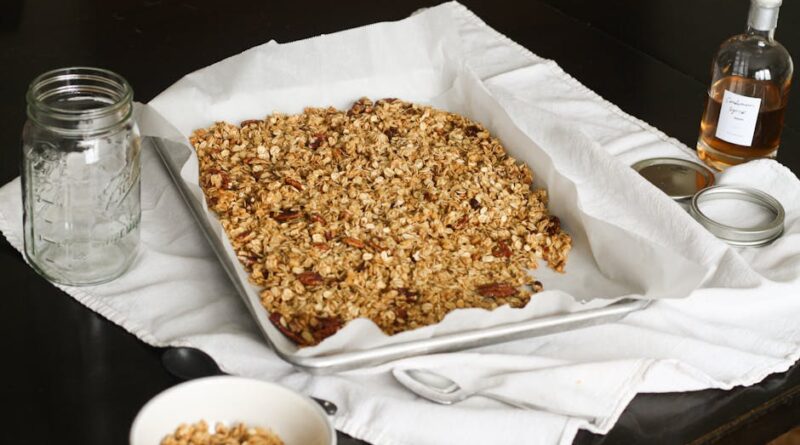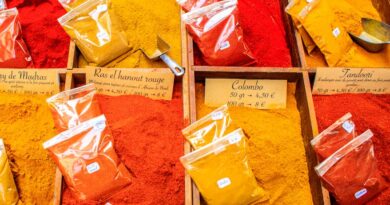Exploring the Best Nuts and Seeds for Reducing Inflammation
Welcome to our comprehensive guide on the best nuts and seeds for reducing inflammation. Inflammation is a natural response by the body to protect itself from injury and infection. However, chronic inflammation can lead to various health issues such as heart disease, diabetes, arthritis, and even cancer. Fortunately, certain nuts and seeds have been found to have anti-inflammatory properties, making them an excellent addition to a healthy diet. In this article, we will delve into the world of nuts and seeds, exploring their benefits, properties, and how they can help reduce inflammation in the body.
The Power of Nuts and Seeds
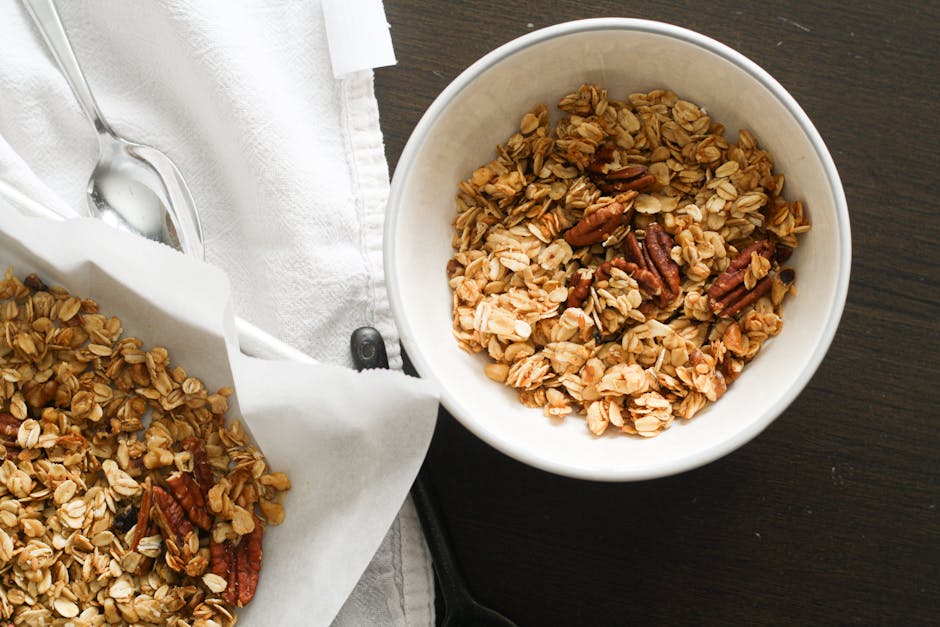
Nuts and seeds are not only delicious snacks but also packed with nutrients that are essential for overall health. They are rich in healthy fats, protein, fiber, vitamins, minerals, and antioxidants. Some nuts and seeds have specific compounds that have been shown to reduce inflammation in the body. Let’s take a closer look at some of the best nuts and seeds known for their anti-inflammatory properties.
Almonds
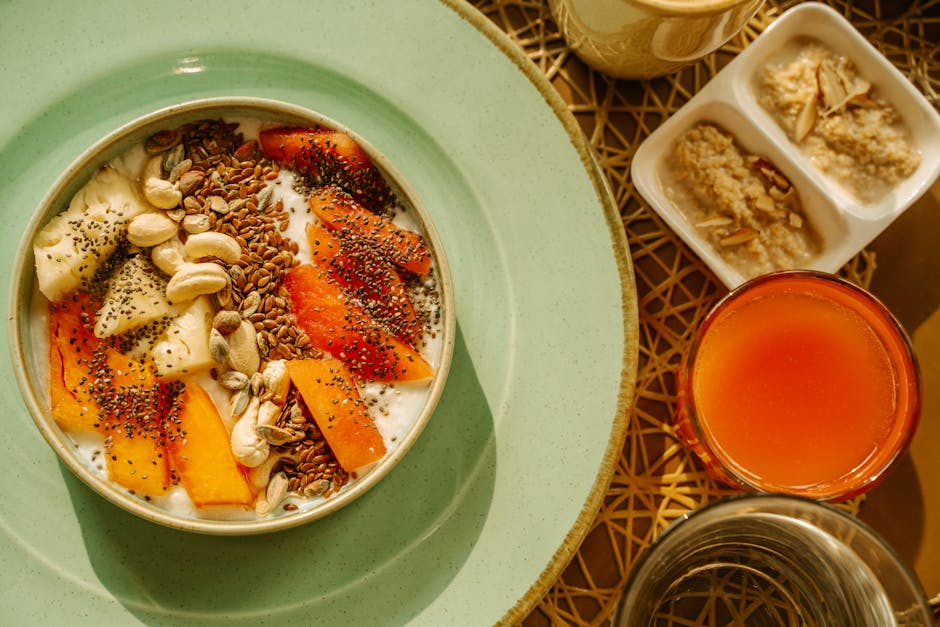
Almonds are a popular nut known for their crunchy texture and delicate flavor. They are rich in monounsaturated fats, vitamin E, magnesium, and antioxidants. Studies have shown that almonds can help reduce markers of inflammation in the body, such as C-reactive protein (CRP) and interleukin-6 (IL-6). Additionally, the high fiber content in almonds can promote gut health, which is essential for reducing inflammation.
Walnuts
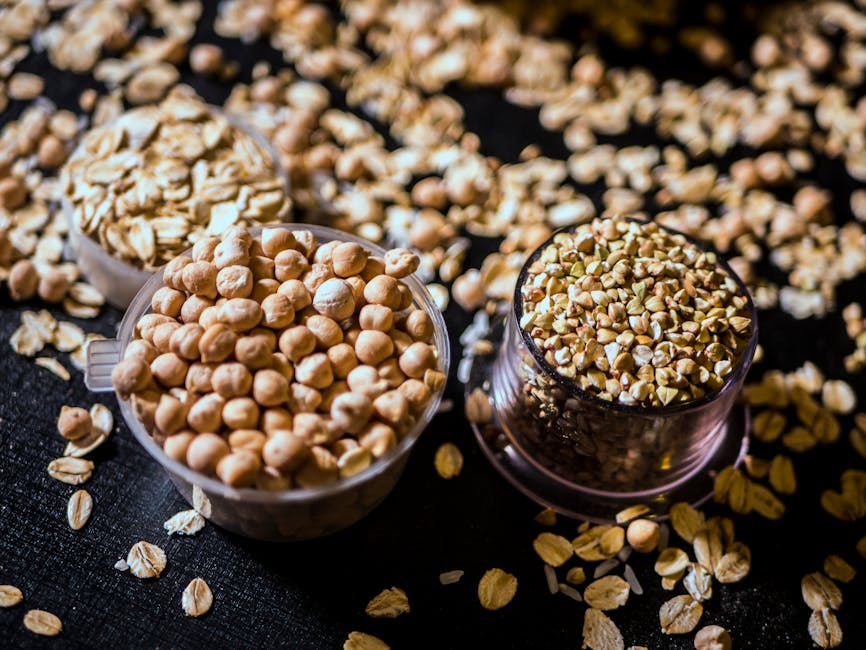
Walnuts are another excellent nut that is loaded with omega-3 fatty acids, which are known for their anti-inflammatory properties. Omega-3 fatty acids help reduce inflammation by inhibiting the production of pro-inflammatory molecules in the body. In addition to omega-3s, walnuts contain antioxidants and polyphenols that can further help combat inflammation. Including walnuts in your diet can have a positive impact on your overall health and well-being.
Flaxseeds
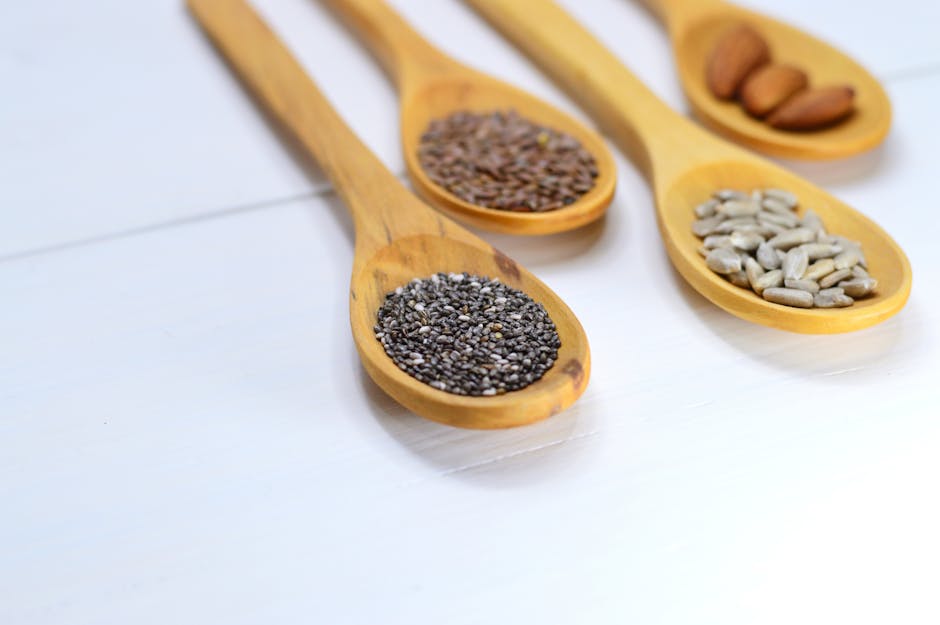
Flaxseeds are tiny seeds that pack a powerful nutritional punch. They are one of the best plant-based sources of omega-3 fatty acids, specifically alpha-linolenic acid (ALA). Omega-3 fatty acids play a crucial role in reducing inflammation in the body. Flaxseeds also contain lignans, which are plant compounds that have antioxidant and anti-inflammatory properties. Adding flaxseeds to your diet, either ground or whole, can help lower inflammation levels and improve heart health.
Chia Seeds
Chia seeds have gained popularity in recent years for their impressive nutrient profile. They are rich in omega-3 fatty acids, fiber, protein, and antioxidants. Omega-3 fatty acids in chia seeds help reduce inflammation and protect against chronic diseases. The high fiber content in chia seeds can also promote healthy digestion and reduce inflammation in the gut. Including chia seeds in your diet can provide a wide range of health benefits, including anti-inflammatory effects.
Pumpkin Seeds
Pumpkin seeds, also known as pepitas, are a nutritional powerhouse. They are rich in magnesium, zinc, iron, and antioxidants. Pumpkin seeds contain a compound called cucurbitacin, which has been shown to have anti-inflammatory properties. The high magnesium content in pumpkin seeds can also help reduce inflammation and improve overall health. Incorporating pumpkin seeds into your diet can be an easy and delicious way to combat inflammation.
Brazil Nuts
Brazil nuts are one of the richest sources of selenium, a mineral that plays a vital role in reducing inflammation and oxidative stress in the body. Selenium is a powerful antioxidant that helps neutralize free radicals and protect cells from damage. Research has shown that selenium deficiency can lead to increased inflammation levels. Including Brazil nuts in your diet can help ensure you meet your selenium needs and reduce inflammation in the body.
Sunflower Seeds
Sunflower seeds are a nutritious snack that is rich in vitamin E, magnesium, and antioxidants. Vitamin E is a potent antioxidant that can help reduce inflammation and protect cells from damage. Sunflower seeds also contain phytosterols, plant compounds that have anti-inflammatory properties. The combination of vitamin E and phytosterols in sunflower seeds makes them a great addition to an anti-inflammatory diet. Snack on sunflower seeds or sprinkle them on salads for a healthy dose of nutrients.
Conclusion
To wrap things up, incorporating nuts and seeds into your diet can have a significant impact on reducing inflammation in the body. The anti-inflammatory properties of nuts and seeds, along with their rich nutrient content, make them an excellent choice for promoting overall health and well-being. Whether you enjoy them as a snack, add them to your meals, or use them in recipes, nuts and seeds can be a delicious and easy way to support your body’s natural anti-inflammatory processes. So, next time you reach for a snack, consider grabbing a handful of nuts or seeds to help keep inflammation at bay and support your health in the long run.

